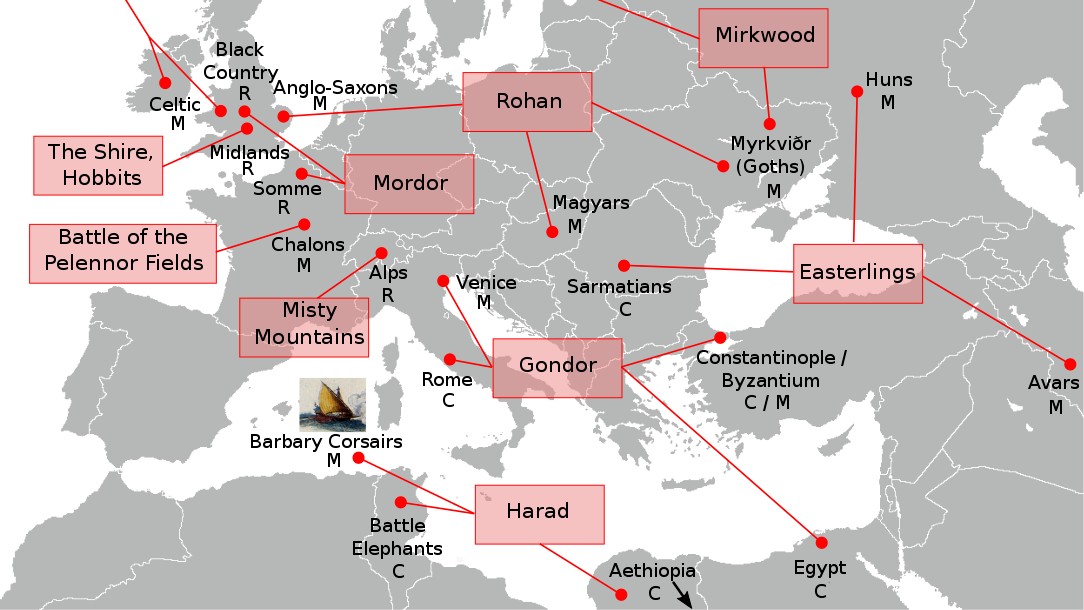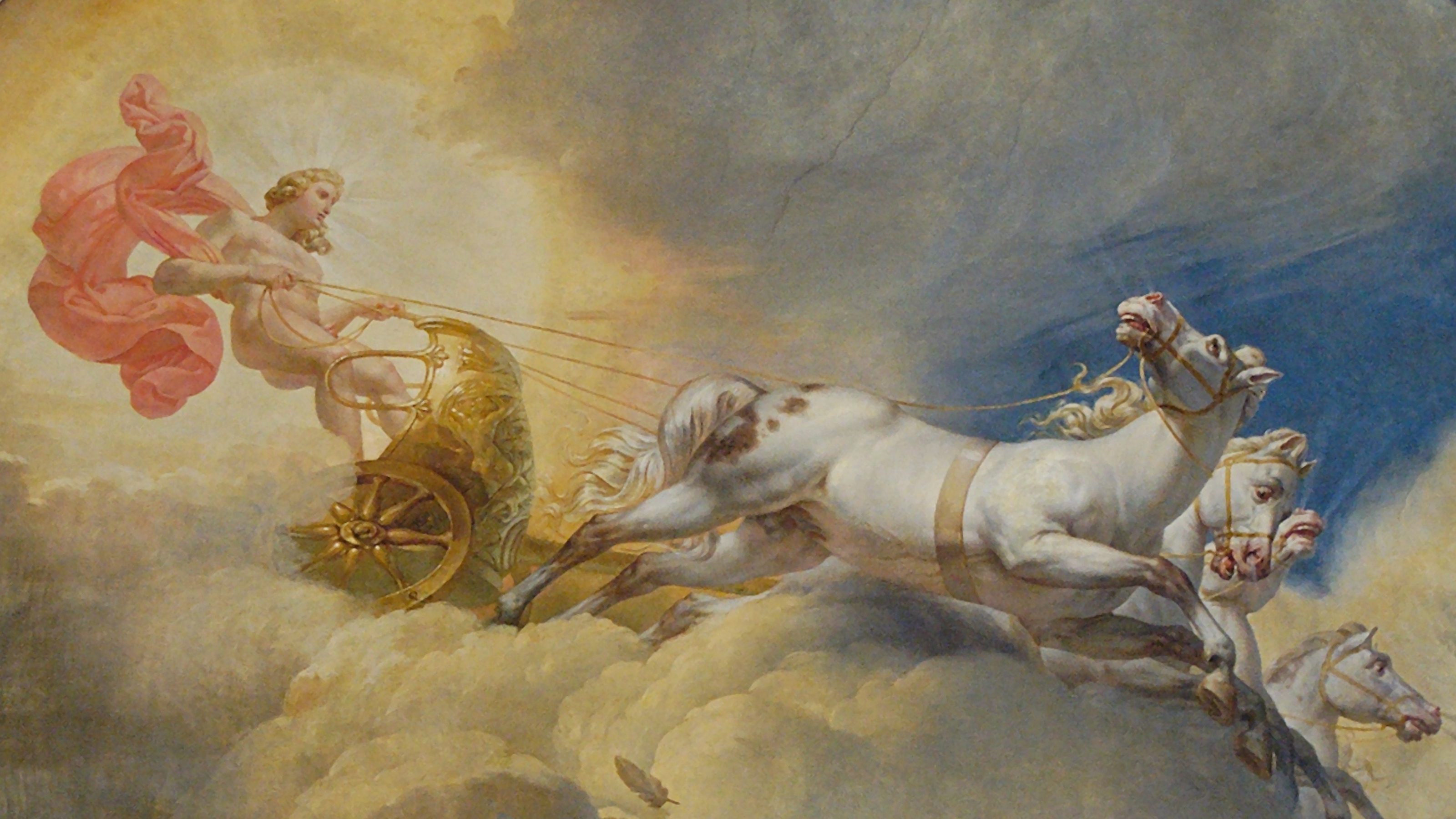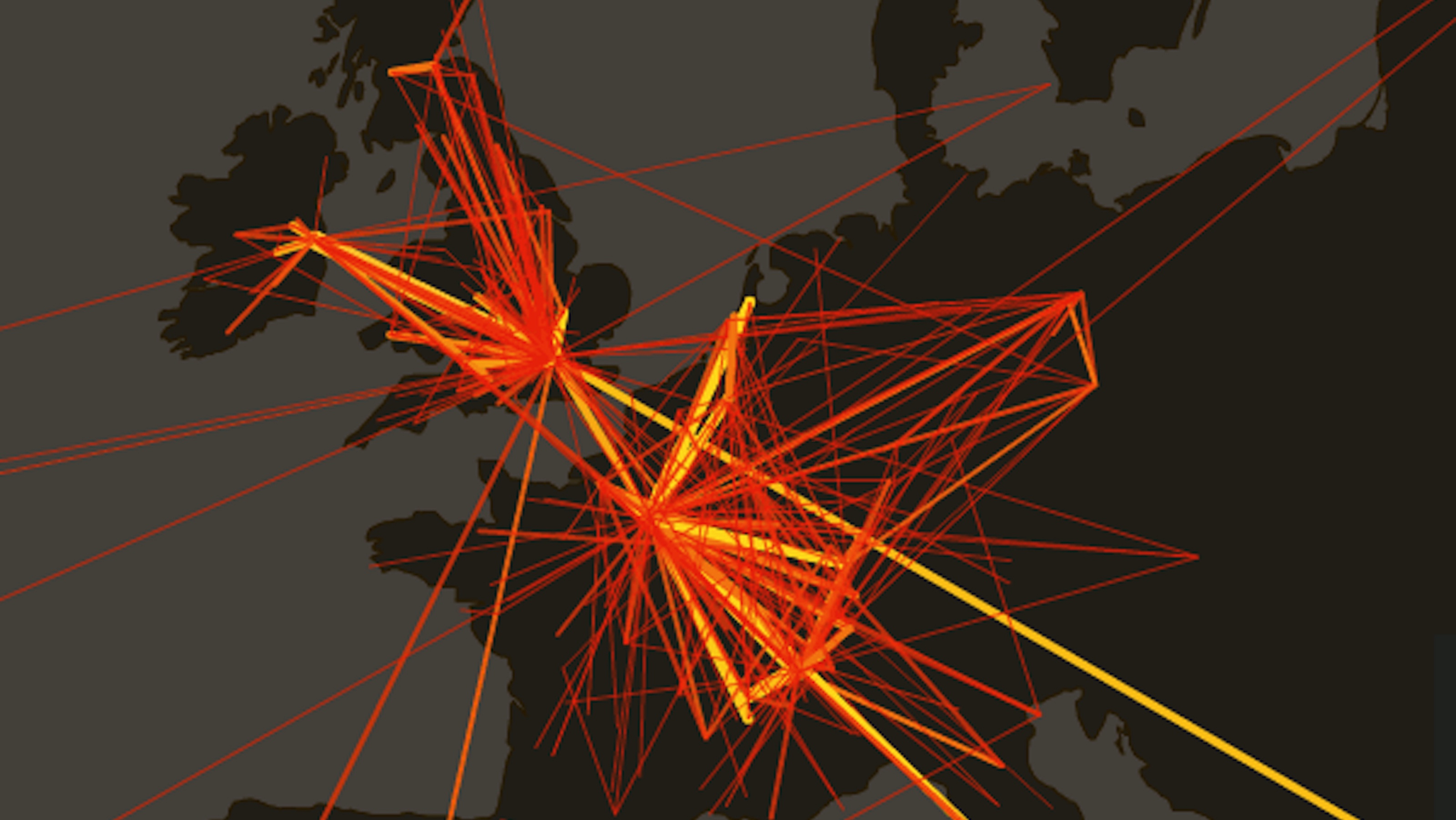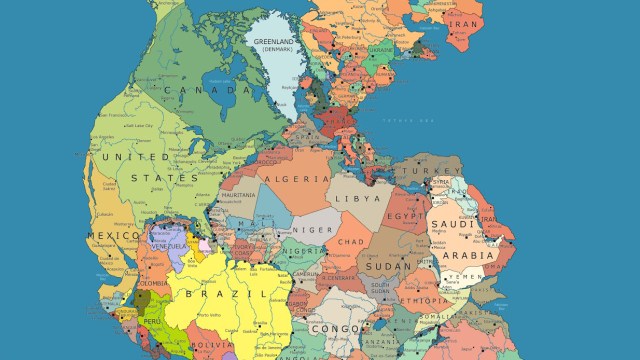Why income inequality is not the injustice we perceive it to be

The starting point for understanding inequality in the context of human progress is to recognize that income inequality is not a fundamental component of well-being. It is not like health, prosperity, knowledge, safety, peace, and the other areas of progress I examine in these chapters. The reason is captured in an old joke from the Soviet Union. Igor and Boris are dirt-poor peasants, barely scratching enough crops from their small plots of land to feed their families. The only difference between them is that Boris owns a scrawny goat. One day a fairy appears to Igor and grants him a wish. Igor says, “I wish that Boris’s goat should die.”
The point of the joke, of course, is that the two peasants have become more equal but that neither is better off, aside from Igor’s indulging his spiteful envy. The point is made with greater nuance by the philosopher Harry Frankfurt in his 2015 book On Inequality. Frankfurt argues that inequality itself is not morally objectionable; what is objectionable is poverty. If a person lives a long, healthy, pleasurable, and stimulating life, then how much money the Joneses earn, how big their house is, and how many cars they drive are morally irrelevant. Frankfurt writes, “From the point of view of morality, it is not important everyone should have the same. What is morally important is that each should have enough.” Indeed, a narrow focus on economic inequality can be destructive if it distracts us into killing Boris’s goat instead of figuring out how Igor can get one.
The confusion of inequality with poverty comes straight out of the lump fallacy—the mindset in which wealth is a finite resource, like an antelope carcass, which has to be divvied up in zero-sum fashion, so that if some people end up with more, others must have less. As we just saw, wealth is not like that: since the Industrial Revolution, it has expanded exponentially. That means that when the rich get richer, the poor can get richer, too. Even experts repeat the lump fallacy, presumably out of rhetorical zeal rather than conceptual confusion. Thomas Piketty, whose 2014 bestseller Capital in the Twenty-First Century became a talisman in the uproar over inequality, wrote, “The poorer half of the population are as poor today as they were in the past, with barely 5 percent of total wealth in 2010, just as in 1910.” But total wealth today is vastly greater than it was in 1910, so if the poorer half own the same proportion, they are far richer, not “as poor.”
A more damaging consequence of the lump fallacy is the belief that if some people get richer, they must have stolen more than their share from everyone else. A famous illustration by the philosopher Robert Nozick, updated for the 21st century, shows why this is wrong. Among the world’s billionaires is J. K. Rowling, author of the Harry Potter novels, which have sold more than 400 million copies and have been adapted into a series of films seen by a similar number of people. Suppose that a billion people have handed over $10 each for the pleasure of a Harry Potter paperback or movie ticket, with a tenth of the proceeds going to Rowling. She has become a billionaire, increasing inequality, but she has made people better off, not worse off (which is not to say that every rich person has made people better off). This doesn’t mean that Rowling’s wealth is just deserts for her effort or skill, or a reward for the literacy and happiness she added to the world; no committee ever judged that she deserved to be that rich. Her wealth arose as a by-product of the voluntary decisions of billions of book buyers and moviegoers.

Steven Pinker, author of ‘The Language Instinct: How the Mind Creates Language,’ poses for a portrait reading a tabloid, the Sun, with the headline, ‘Baby Born Talking Describes Heaven,’ on March 10, 1994. (Michele McDonald/The Boston Globe via Getty Images)
To be sure, there may be reasons to worry about inequality itself, not just poverty. Perhaps most people are like Igor and their happiness is determined by how they compare with their fellow citizens rather than how well-off they are in absolute terms. When the rich get too rich, everyone else feels poor, so inequality lowers well-being even if everyone gets richer. This is an old idea in social psychology, variously called the theory of social comparison, reference groups, status anxiety, or relative deprivation. But the idea must be kept in perspective. Imagine Seema, an illiterate woman in a poor country who is village-bound, has lost half her children to disease and will die at fifty, as do most of the people she knows. Now imagine Sally, an educated person in a rich country who has visited several cities and national parks, has seen her children grow up, and will live to eighty, but is stuck in the lower middle class. It’s conceivable that Sally, demoralized by the conspicuous wealth she will never attain, is not particularly happy, and she might even be unhappier than Seema, who is grateful for small mercies. Yet it would be mad to suppose that Sally is not better off, and positively depraved to conclude that one may as well not try to improve Seema’s life because it might improve her neighbors’ lives even more and leave her no happier. In any case, the thought experiment is moot, because in real life Sally almost certainly is happier. Contrary to an earlier belief that people are so mindful of their richer compatriots that they keep resetting their internal happiness meter to the baseline no matter how well they are doing, we will see that richer people and people in richer countries are (on average) happier than poorer people and people in poorer countries.
But even if people are happier when they and their countries get richer, might they become more miserable if others around them are still richer than they are—that is, as economic inequality increases? In their well-known book The Spirit Level, the epidemiologists Richard Wilkinson and Kate Pickett claim that countries with greater income inequality also have higher rates of homicide, imprisonment, teen pregnancy, infant mortality, physical and mental illness, social distrust, obesity, and substance abuse. The economic inequality causes the ills, they argue: unequal societies make people feel that they are pitted in a winner-take-all competition for dominance, and the stress makes them sick and self-destructive.
The Spirit Level theory has been called “the left’s new theory of everything,” and it is as problematic as any other theory that leaps from a tangle of correlations to a single-cause explanation. For one thing, it’s not obvious that people are whipped into competitive anxiety by the existence of J. K. Rowling and Sergey Brin as opposed to their own, local rivals for professional, romantic, and social success. Worse, economically egalitarian countries like Sweden and France differ from lopsided countries like Brazil and South Africa in many ways other than their income distribution. The egalitarian countries are, among other things, richer, better educated, better governed, and more culturally homogeneous, so a raw correlation between inequality and happiness (or any other social good) may show only that there are many reasons why it’s better to live in Denmark than in Uganda. Wilkinson and Pickett’s sample was restricted to developed countries, but even within that sample the correlations are evanescent, coming and going with choices about which countries to include. Wealthy but unequal countries, such as Singapore and Hong Kong, are often socially healthier than poorer but more equal countries, such as those of ex-Communist Eastern Europe.
Most damagingly, the sociologists Jonathan Kelley and Mariah Evans have snipped the causal link joining inequality to happiness in a study of two hundred thousand people in sixty-eight societies over three decades. Kelley and Evans held constant the major factors that are known to affect happiness, including GDP per capita, age, sex, education, marital status, and religious attendance, and found that the theory that inequality causes unhappiness “comes to shipwreck on the rock of the facts.” In developing countries, inequality is not dispiriting but heartening: people in the more unequal societies are happier. The authors suggest that whatever envy, status anxiety, or relative deprivation people may feel in poor, unequal countries is swamped by hope. Inequality is seen as a harbinger of opportunity, a sign that education and other routes to upward mobility might pay off for them and their children. Among developed countries (other than formerly Communist ones), inequality made no difference one way or another. (In formerly Communist countries, the effects were also equivocal: inequality hurt the aging generation that grew up under communism, but helped or made no difference to the younger generations.)
The fickle effects of inequality on well-being bring up another common confusion in these discussions: the conflation of inequality with unfairness. Many studies in psychology have shown that people, including young children, prefer windfalls to be split evenly among participants, even if everyone ends up with less overall. That led some psychologists to posit a syndrome called inequity aversion: an apparent desire to spread the wealth. But in their recent article “Why People Prefer Unequal Societies,” the psychologists Christina Starmans, Mark Sheskin, and Paul Bloom took another look at the studies and found that people prefer unequal distributions, both among fellow participants in the lab and among citizens in their country, as long as they sense that the allocation is fair: that the bonuses go to harder workers, more generous helpers, or even the lucky winners of an impartial lottery. “There is no evidence so far,” the authors conclude, “that children or adults possess any general aversion to inequality.” People are content with economic inequality as long as they feel that the country is meritocratic, and they get angry when they feel it isn’t. Narratives about the causes of inequality loom larger in people’s minds than the existence of inequality. That creates an opening for politicians to rouse the rabble by singling out cheaters who take more than their fair share: welfare queens, immigrants, foreign countries, bankers, or the rich, sometimes identified with ethnic minorities.
In addition to effects on individual psychology, inequality has been linked to several kinds of society-wide dysfunction, including economic stagnation, financial instability, intergenerational immobility, and political influence-peddling. These harms must be taken seriously, but here too the leap from correlation to causation has been contested. Either way, I suspect that it’s less effective to aim at the Gini index as a deeply buried root cause of many social ills than to zero in on solutions to each problem: investment in research and infrastructure to escape economic stagnation, regulation of the finance sector to reduce instability, broader access to education and job training to facilitate economic mobility, electoral transparency and finance reform to eliminate illicit influence, and so on. The influence of money on politics is particularly pernicious because it can distort every government policy, but it’s not the same issue as income inequality. After all, in the absence of electoral reform the richest donors can get the ear of politicians whether they earn 2 percent of national income or 8 percent of it.
Economic inequality, then, is not itself a dimension of human well-being, and it should not be confused with unfairness or with poverty. Let’s now turn from the moral significance of inequality to the question of why it has changed over time.
—
Adapted from ENLIGHTENMENT NOW: The Case for Reason, Science, Humanism, and Progress by Steven Pinker, published by Viking, an imprint of Penguin Publishing Group, a division of Penguin Random House, LLC. Copyright © 2018 by Steven Pinker.





